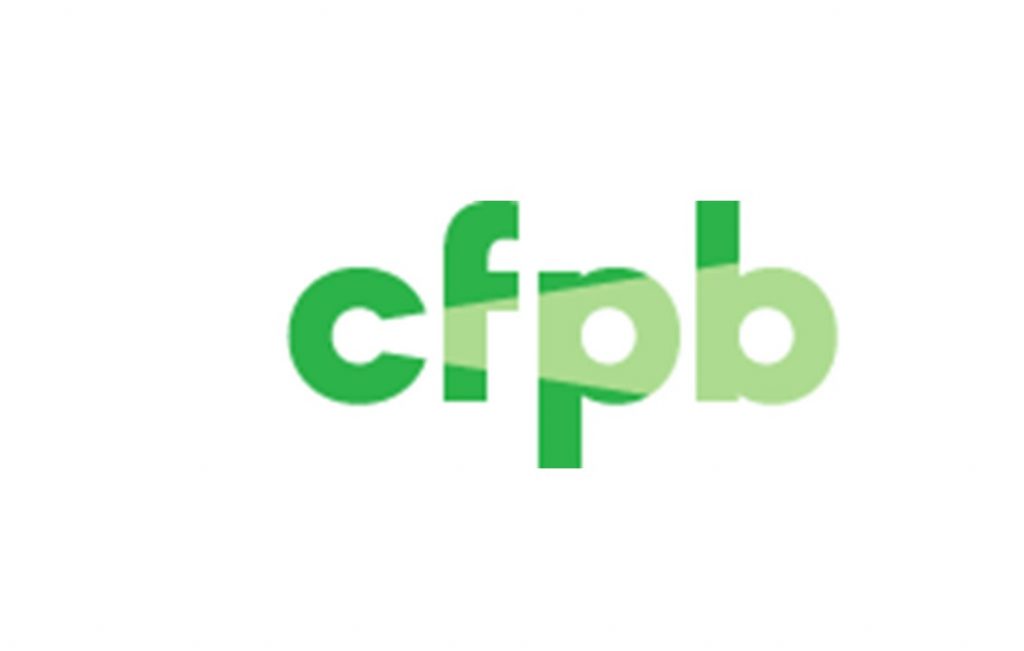
| Entities | |
| Topics and Issues | Accuracy (40) Closing costs (3) Credit scores (42) |
In May 2024, Director Chopra spoke at an MBA gathering. In his speech, Chopra hit on several themes:
- Increased Credit Reporting Costs Being Put on Mortgage Lenders
- Price Hikes for FICO Scores and Credit Reports
- Stopping Price Gouging in the Future
With regard to increased costs on lenders, Chopra said that
because many investors still require reports from Equifax, Experian, and TransUnion, lenders often end up paying for essentially the same information six or twelve times. In addition, lenders often must pay fees to have the reports transmitted in the correct machine-readable format to the initial purchaser of the loan, as a precursor to the loan’s securitization. There are also usually additional fees for things like employment verification.
In discussing credit scores and reports, Chopra said that
Single credit reports now typically cost between $18 to $30 for an individual report, $24 to $40 for a joint report, and $40 to $60 for a tri-merge report provided by resellers. When mortgage credit reports and scores are requested for a mortgage underwriting decision, Equifax, Experian, and TransUnion typically set the wholesale price that resellers pay, which is then passed on to users. This is often implemented through an additional fee as compensation for their services in the underwriting process.
In November 2023, FICO announced that it would no longer use a pricing structure based on volume, and instead it began charging one flat price to all lenders. This resulted in sharp cost increases of over 400% for most mortgage lenders positioned in FICO’s “third tier”.
For 2024, FICO now charges consumer reporting companies a licensing fee of $3.50 per FICO score used, or approximately $10 for all three scores if a lender obtains a tri-merge report and score bundle. That fee doubles if two borrowers apply together. The companies and their resellers also raised the price for “soft pulls” to match that of “hard pulls” despite the significant difference between the two data reports.
Making matters worse, credit reports are often rife with inaccuracies discovered by borrowers and lenders. Credit reporting conglomerates are required to have procedures in place to assure maximum possible accuracy, but the CFPB is inundated with consumer complaints regarding these problems.
The credit reporting industry has actually devised a way to profit from those problems – it’s called the “rapid rescore.” It’s a pay-to-play service where mortgage loan officers can, for an extra fee, get consumer credit files reviewed and updated quickly.
When there is a dispute about the information contained in a credit report, rapid rescores help resolve the dispute quickly – but for a price. Fees can run anywhere from $25-$40 per credit file, per credit reporting company. A report full of junk data is another opportunity for these companies to leverage their position as indispensable market actors, and extract yet more money from consumers who have no other options.
Chopra also took on income verification. Here, the Bureau has
observed significant price increases from income verification services. Our market monitoring suggests that prices for the Equifax’s “Work Number” product, used by mortgage lenders across the country, rose from under $20 per pull in 2016 to up to $90 per pull in 2023, according to some pricing reports. For background screening, users have reported that the current retail price is about $115 per pull. Users tell us that Equifax’s market dominance has given it pricing power that it has exercised over the past several years.
Chopra closed with plans to “stop price gouging in the future.” Chopra noted the caps on fees for consumer disclosures under the FCRA. But, “[w]hile these fee caps apply in specific circumstances described in the Fair Credit Reporting, it is clear that the mortgage industry needs to do more to share input on what, if anything, the CFPB should do to address price gouging in this market.” Chopra pointed to open banking. “When consumers have a greater ability to share their information with new lenders, consumers can access credit at more competitive rates,” he added.
Chopra said that the “FHFA is facilitating the use of new approaches to credit scoring, which will help with this. Capital markets professionals will also need to continue working on ways for investors to assess mortgage pools without solely relying on credit scores. Over the long term, making it easier to access transaction data would also help bring an end to the current overreliance on opaque three-digit credit scores derived from credit reports that are too often rife with inaccuracies.”
MBA has been strongly supportive of regulations on mortgage triggers, but